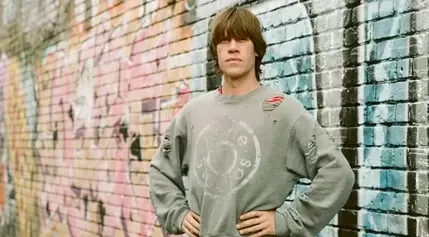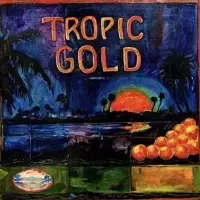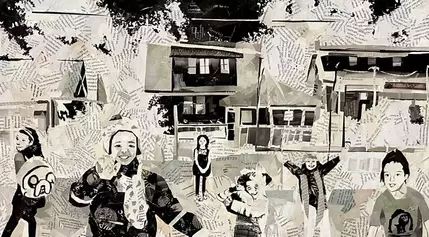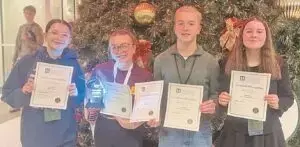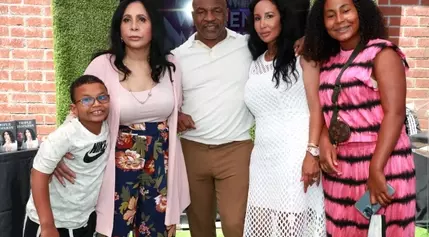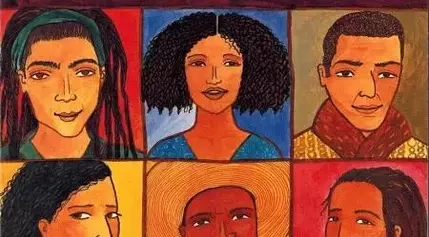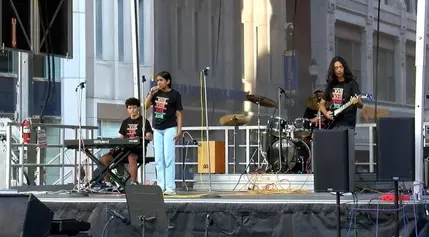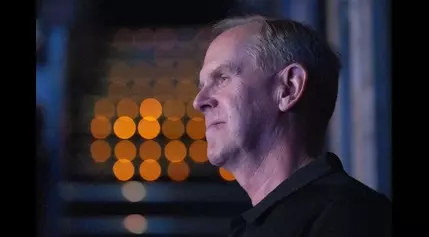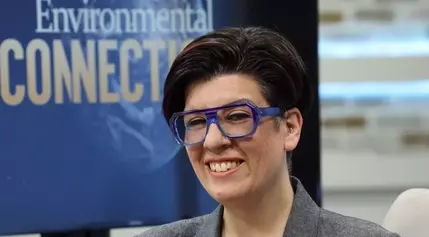
In today's special broadcasts of "Connections with Evan Dawson," we delve into two distinct yet profoundly important topics. The first segment focuses on the environmental disparities in urban tree coverage, exploring how these differences impact both the environment and society. The second segment shifts to a deeply moving exploration of Jewish music that survived the Holocaust. This broadcast not only highlights the resilience of artists under unimaginable circumstances but also underscores the power of music to educate and preserve history.
The Role of Trees in Urban Environmental Equity
In the first hour, Jasmin Singer leads a discussion on the significance of tree canopy distribution in Rochester. The conversation centers around the uneven spread of trees across different neighborhoods and its implications for environmental and social justice. Efforts like the Urban Forest Master Plan aim to address these disparities by promoting equitable access to green spaces. Our guests bring expertise from various fields to shed light on this critical issue.
Environmental justice is intrinsically linked to the distribution of natural resources such as trees. In Rochester, certain areas lack adequate tree cover, leading to adverse effects on air quality, temperature regulation, and overall community well-being. TeJay Chess, Erin Turpin, and Jon Schull discuss how initiatives like Reforest Rochester are combating these challenges. They emphasize the importance of community involvement in restoring balance and ensuring that all residents benefit from a healthy urban forest. Through education and collaborative efforts, they strive to create a more sustainable and just environment for future generations.
Reviving Jewish Music from the Holocaust: A Testament to Resilience
The second hour features a poignant documentary about Jewish music that endured the horrors of the Holocaust. Conductors, musicians, and historians are rediscovering and performing this lost generation of music, bringing it to new audiences worldwide. This segment highlights the perseverance of artists who refused to be silenced, using their compositions as a means of resistance and remembrance.
Under the oppressive regime of the Third Reich, Jewish composers and musicians faced severe censorship and persecution. Their works were banned and labeled as degenerate, erasing their contributions from public memory. Yet, amidst the atrocities of the Holocaust, imprisoned artists continued to create music, often at great personal risk. On scraps of paper, they penned melodies that would outlive them. Today, these compositions serve as powerful reminders of human resilience and creativity. Mat Edelson guides us through this emotional journey, showcasing how this music educates, honors, and corrects historical injustices. Through performances and interviews, the documentary celebrates the survival and revival of a cultural legacy that nearly vanished.
New
